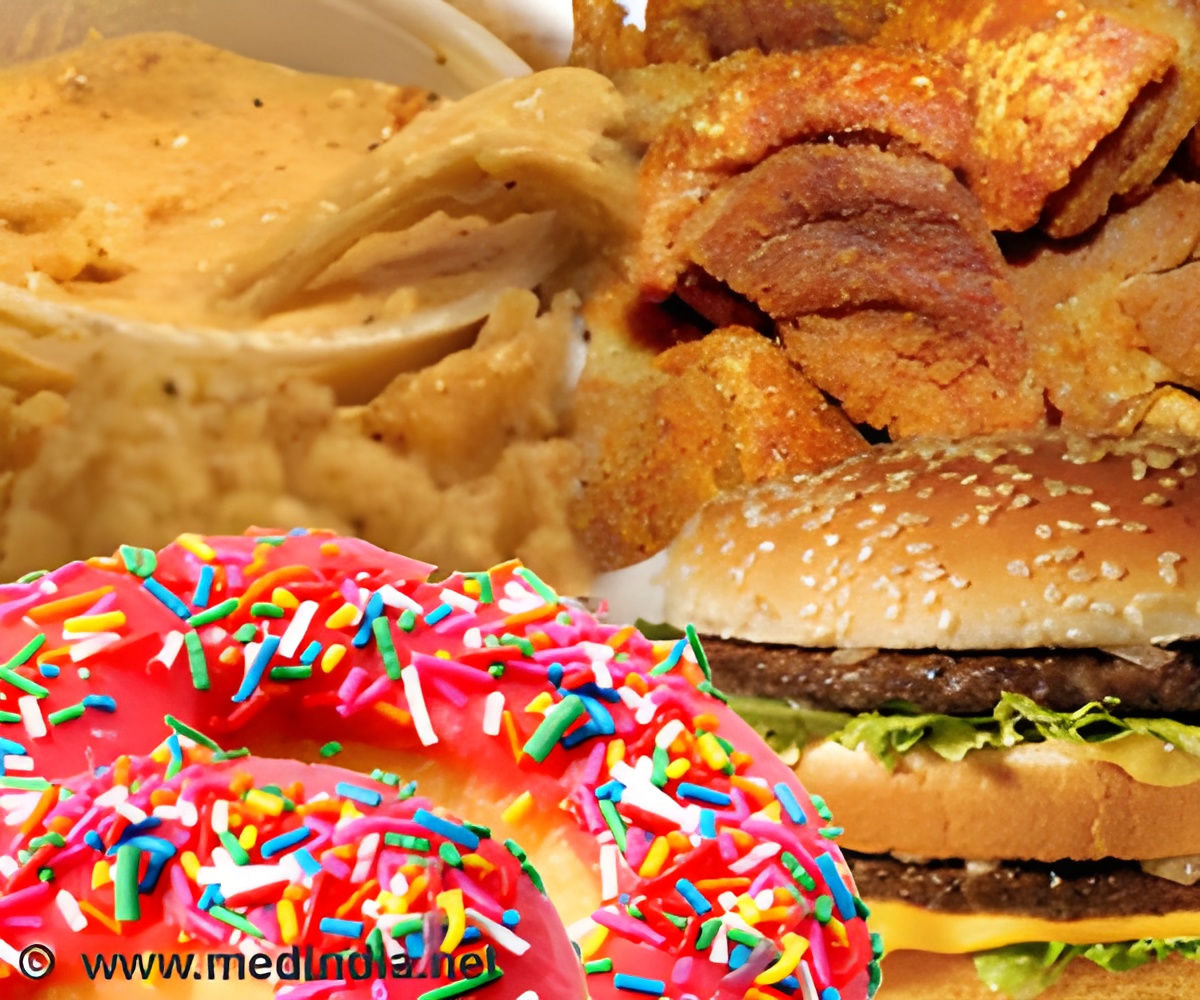Consumption of high fat diet is associated with increased daytime sleepiness, while diet rich in carbohydrate content was associated with increased alertness.

There was no relationship between protein consumption and sleepiness or alertness. These findings were independent of the subjects' gender, age, and body mass index as well as the total amount of sleep they were getting and their total caloric intake.
"Increased fat consumption has an acute adverse effect on alertness of otherwise healthy, non-obese adults," said principal investigator Alexandros Vgontzas, MD, professor of psychiatry at the Penn State College of Medicine in Hershey, Pa.
The study group comprised 31 healthy, non-obese normal sleepers without sleep apnea, ranging in age from 18-65 years, who spent four consecutive nights in a sleep lab. On the fourth day objective sleepiness was assessed with the Multiple Sleep Latency Test (MSLT), and meals were provided five times to assess diet.
According to the researchers, previous studies had found that diet composition affects subjective sleepiness. The current study adds to this body of research by showing a similar association between diet and objective sleepiness.
"It appears that a diet high in fat decreases alertness acutely, and this may have an impact on an individual's ability to function and also public safety," said Vgontzas.
Source-ANI
 MEDINDIA
MEDINDIA




 Email
Email










